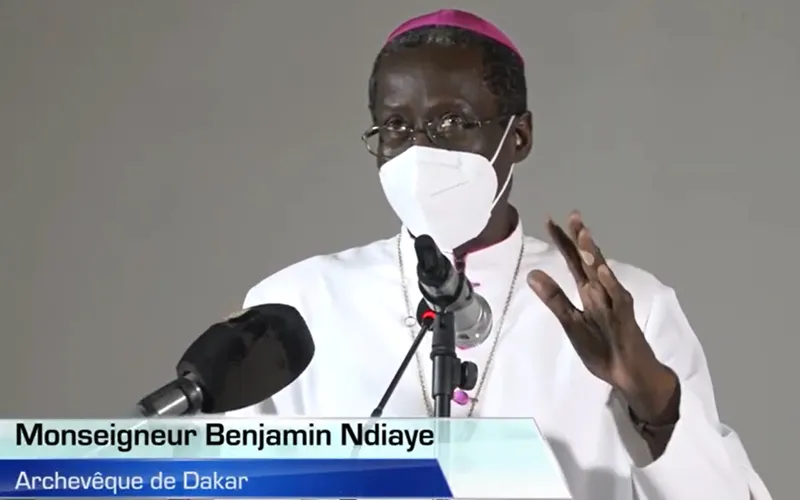Dakar, 10 June, 2021 / 7:50 pm (ACI Africa).
At the Silver Jubilee celebration of the Pastoral Letter published by Catholic Bishops in Senegal during the 1994 crisis, an Archbishop in the West African nation has sought to have the youth empowered through the development initiatives that the country undertakes.
Speaking at the start of the event that had been scheduled for November last year and postponed amid COVID-19 restrictions, Archbishop Benjamin Ndiaye said, “Our country yearns for a development that deeply integrates its youth in terms of training, employment and human development.”
“It is necessary for the youths to find in their elders the much-needed example and support, in a country that is disciplined, organized, respectful of laws and regulations, without artificial arrangements, without conditions, a country where the time of those in charge prevails, with citizens capable of answering for their commitments in the city,” Archbishop Ndiaye said during the three-day national forum set to conclude Friday, June 11.
The Archbishop posed, “This raises the crucial question: How can we promote a youth that believes in his country, its culture, capacities, values, and identity as a citizen?”
The forum, which is being held under the theme, “Building a Senegal of justice and peace”, commemorates the Pastoral Letter of the Catholic Bishops in the West African nation issued on 20 November 1994.








